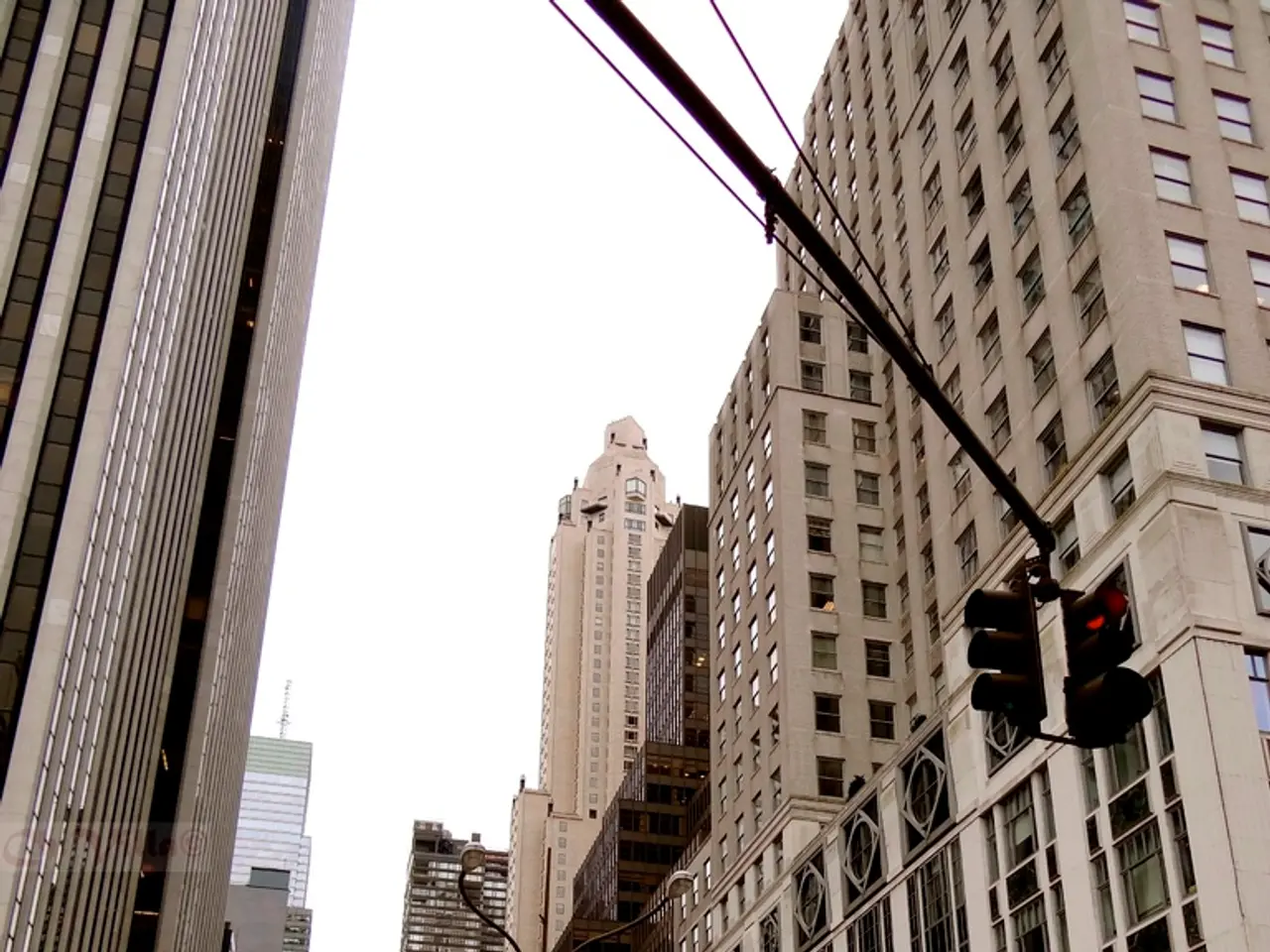Rural Nigeria Experiences Internet Connection for the First Time with Huawei-Glo Partnership, Bolstering Remote Connectivity
Nigeria's digital inclusion initiative is making significant strides in extending digital access to rural areas, with the small town of Kura serving as a shining example. This transformative project, a collaboration between the Universal Service Provision Fund (USPF), technology giant Huawei, and telecom provider Globacom (Glo), is actively progressing and bringing about tangible changes in the lives of its 12,000 residents.
The aim of this initiative is to address the digital gap in Nigeria, connecting those who are entirely cut off from mobile and internet services. Established under the Nigerian Communications Act 2003, USPF is tasked with funding and deploying ICT infrastructure to bridge connectivity gaps in rural areas, ensuring digital inclusion and no community is left behind in the country's economic growth.
In Kura, the new telecom services have been a resounding success. Within just 48 hours of going live, residents consumed 81.4GB of data and logged 13,144 minutes of voice calls. The local health centre is now linked to global doctors via Huawei's telemedicine solutions, opening up a world of medical expertise previously unavailable.
The school in Kura is equipped with digital classroom technology, providing students with access to high-quality online learning resources and global educational content for the first time. This access could potentially transform various sectors in Nigeria, including education, healthcare, and economic opportunities.
The rural community of Kura now has access to mobile network and internet services, thanks to the swift deployment of a new telecom tower in just two days. A free public WiFi zone has been launched, ensuring that the entire community can benefit from the new digital access.
This partnership enhances the reach and reliability of internet access in remote communities, enabling transformative changes. Students in these areas can now access online learning resources and computer-based exams, while farmers can receive timely market and weather information. Healthcare delivery benefits from telemedicine initiatives, leading to better educational outcomes, growth in local businesses, and improved quality of life.
By focusing on underserved regions, the initiative supports economic inclusion and helps reduce the digital divide, empowering communities to participate more fully in Nigeria’s digital economy. Millions more Nigerians could gain access to digital services due to the scaling of this project.
While the exact status in terms of project milestones or timelines was not detailed, the initiative is portrayed as an active, ongoing effort with tangible community benefits. The Nigerian government, through USPF, continues to prioritize digital inclusion as a foundation for broader socio-economic development.
In summary, the digital revolution in Kura is a testament to the potential impact of Nigeria's digital inclusion initiative. By bridging the digital divide, this partnership is paving the way for a more connected and inclusive Nigeria.
- The digital inclusion initiative in Nigeria, spearheaded by the Universal Service Provision Fund (USPF), technology giant Huawei, and telecom provider Globocom (Glo), aims to address the digital gap by connecting those in rural areas, such as Kura, who were previously cut off from mobile and internet services.
- In Kura, the success of the new telecom services is evident: within 48 hours of launch, residents consumed 81.4GB of data and logged 13,144 minutes of voice calls, while the local health center is now connected to global doctors via Huawei's telemedicine solutions.
- The school in Kura now boasts digital classroom technology, granting students access to high-quality online learning resources and global educational content for the first time, potentially transforming sectors like education, healthcare, and economic opportunities in Nigeria.
- The rural community of Kura has been equipped with mobile network and internet services, owing to the swift deployment of a new telecom tower in two days, and a free public WiFi zone has been launched to ensure everyone benefits from the new digital access.
- As the initiative expands to underserved regions, it supports economic inclusion and helps reduce the digital divide, empowering communities to participate more fully in Nigeria’s digital economy, opening up opportunities for millions more Nigerians to access digital services.




